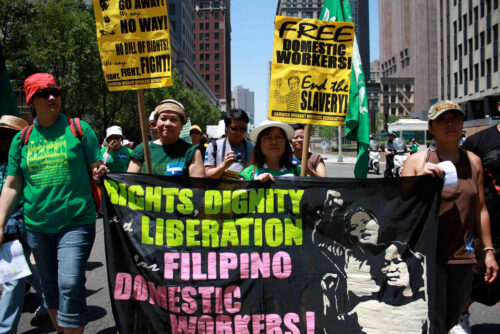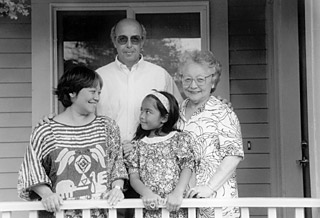New Frontier Zones: The Formation of New Political Actors
By way of conclusion let me focus briefly on the other side of the global city, a sort of new frontier where enormous mixes of people converge. Those who lack power, those who are disadvantaged, outsiders, discriminated minorities, can gain presence in such cities, presence vis-á-vis power and presence, vis-á-vis each other. This signals, for me, the possibility of a new form of politics centered in new types of political actors. It is not simply a matter of having or not having power. There are new hybrid bases from which to act. By using the term presence I try to capture some of this.
What presents itself as segregated or excluded from the mainstream core of a city is actually an increasingly complex political presence. The city is a far more concrete space for politics than the nation. It becomes a place where non-formal political actors can be part of the political scene in a way that is much more difficult at the national level. Nationally, politics needs to run through existing formal systems: whether the electoral political system or the judiciary (taking state agencies to court). Non-formal political actors are rendered invisible in the space of national politics. The space of the city accommodates a broad range of political activities—squatting, demonstrations against police brutality, fighting for the rights of immigrants (anti-deportation and asylum campaigns) and the homeless, the politics of culture and identity, gay and lesbian and queer politics. Much of this becomes visible on the street. Urban politics is more concrete, enacted by people rather than dependent on massive media technologies. Street level politics makes possible the formation of new types of political subjects that do not have to go through the formal political system. The Justice for Janitors campaigns have precisely insisted on making janitors present in the city via marches, celebrations and public campaigns to shame employers into recognizing the union as a legitimate bargaining agent.
In short, the global city is a strategic site for global corporate capital. But is also one of the sites where the formation of new claims by informal political actors can materialize and assume concrete forms.



